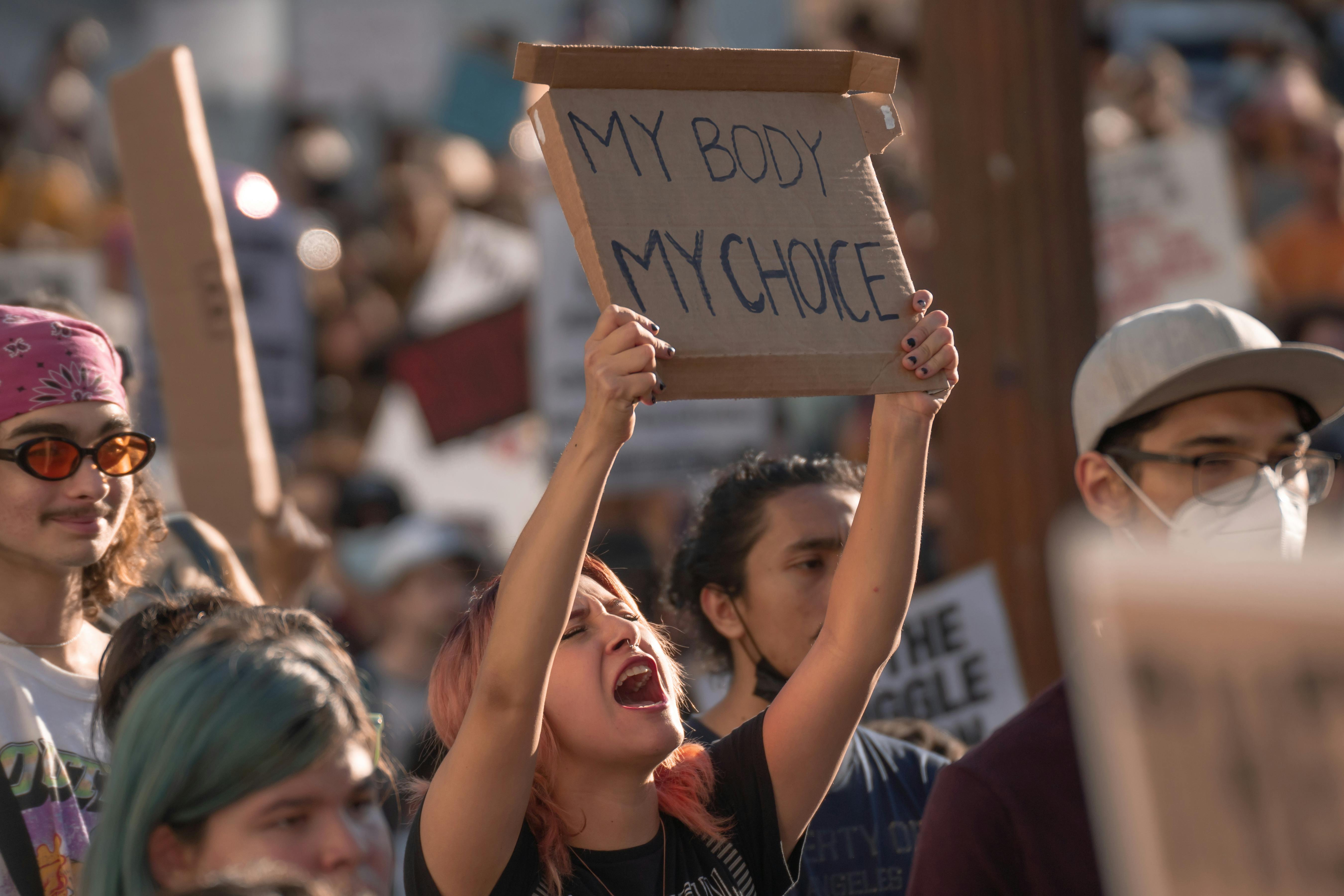Home » News » 2024 » November
News Brief
Nov. 14, 2024Washington |
By: Jennifer Shutt - Missouri Independent
Health experts outline how Trump administration could affect abortion, contraception access

By Jennifer Shutt - Missouri Independent
WASHINGTON — President-elect Donald Trump has several choices to make in the coming months about whether his second administration will keep access to contraception and abortion as it is now or implement changes.
While Trump cannot on his own enact nationwide laws or abortion bans without Congress, he and the people he picks for key posts throughout the federal government will have significant influence on reproductive rights nationwide.
During Trump’s first term in office he barred health care organizations that perform or refer patients for abortions from receiving Title X family planning grants, even though there’s a moratorium on using federal funds for abortions unless it’s the result of rape or incest, or the life of the woman is at risk.
Alina Salganicoff, senior vice president and director for women’s health policy at the nonpartisan health research organization KFF, said on a call with reporters Friday that about a quarter of providers withdrew or were disqualified from receiving federal family planning grants as a result of that policy.
“The Title X program basically funds family planning services for low-income people,” Salganicoff explained. “It’s basically a small program, it’s around under $300 million — but it is a critical program to people who don’t otherwise have insurance.”
Abortions as stabilizing care
Trump will also have to decide whether to leave in place guidance from the Biden administration that says a federal law from the 1980s protects health care providers who perform abortions as stabilizing care during an emergency that would affect a woman’s health or life.
That law, known as the Emergency Medical Treatment and Labor Act, or EMTALA, became one point of disagreement between the Biden administration and Republican states that implemented abortion bans or strict restrictions after the Supreme Court ended the nationwide right to an abortion.
U.S. Health and Human Services Secretary Xavier Becerra wrote in a letter released in July 2022 that under the federal “law, no matter where you live, women have the right to emergency care — including abortion care.”
EMTALA is at the center of an ongoing lawsuit between the Biden administration and Idaho over that state’s abortion law. Oral arguments in the 9th Circuit Court of Appeals are set for early December.
Abortion pill
The future of medication abortion, a two-drug regimen approved for up to 10 weeks gestation that’s used in about 63% of abortions nationwide, will be another area the Trump administration could alter without congressional approval.
Salganicoff said there’s no way to know just yet if the U.S. Food and Drug Administration will seek to change prescribing guidelines for medication abortion or revoke the 2000 approval of mifepristone altogether.
“We don’t know whether they’re going to actually review the approval, but I will tell you that it is likely that they will revisit the conditions in which medication abortions, which now account for nearly two-thirds of all abortions in this country, can be provided,” Salganicoff said.
The Trump administration, she said, is likely to focus on revisions made during the Biden administration that allow doctors or other qualified health care providers to prescribe the two-drug medication abortion regimen via telehealth and then have mifepristone and misoprostol mailed to the patient.
Salganicoff anticipates anti-abortion organizations will also encourage the Trump administration to address recent findings from the We Count Project, showing 1 in 10 abortions take place after medication abortion is mailed to people in states with bans or significant restrictions from states that have shield laws.
“This FDA protocol is legal to do that, but clearly this is going to be a target,” she said.
Mailing of abortion medication
The Comstock Act, an anti-obscenity law from the late 19th century that once banned the mailing of boxing photographs, pornography and contraception, will also be front and center after Trump takes the oath of office on Jan. 20.
The law, which is still on the books despite not being enforced in decades, could potentially allow the U.S. Postal Service to prevent the mailing of abortion medications or any other instrument or tool used in abortions.
“The Biden administration’s Department of Justice did a review and said that they are not going to enforce Comstock,” Salganicoff said. “Project 2025 sees it very differently, and even though President-elect Trump has said that he is not going to enforce Comstock, it’s not clear, and there will likely be a lot of pressure to do that.”
Project 2025 is a policy map for a Trump presidency published by the Heritage Foundation. Trump has disavowed any connection with it, although former members of his first administration helped develop it.
Salganicoff said enforcing the Comstock Act would affect access to medication abortion throughout the country, even in states that have reinforced reproductive rights during the last two years.
“Clearly that’s going to tee up a lot of litigation and challenges,” Salganicoff said.
Larry Levitt, executive vice president for health policy at KFF, said during the call that the Trump administration’s possible elevation of people who spread misinformation or disinformation could lead to more confusion about research-based health care.
“I think one thing, particularly with the rise in prominence of RFK Jr., you know, is the potential for misinformation,” Levitt said, referring to Robert F. Kennedy, Jr., a prominent vaccine opponent who endorsed Trump and campaigned extensively with him.
“We turn to the government for reliable data, public health information and scientific information,” Levitt said. “And there’s the potential now, for the government to be not only not an effective source for health information, but in fact, an accelerant for misinformation.”
![]()






